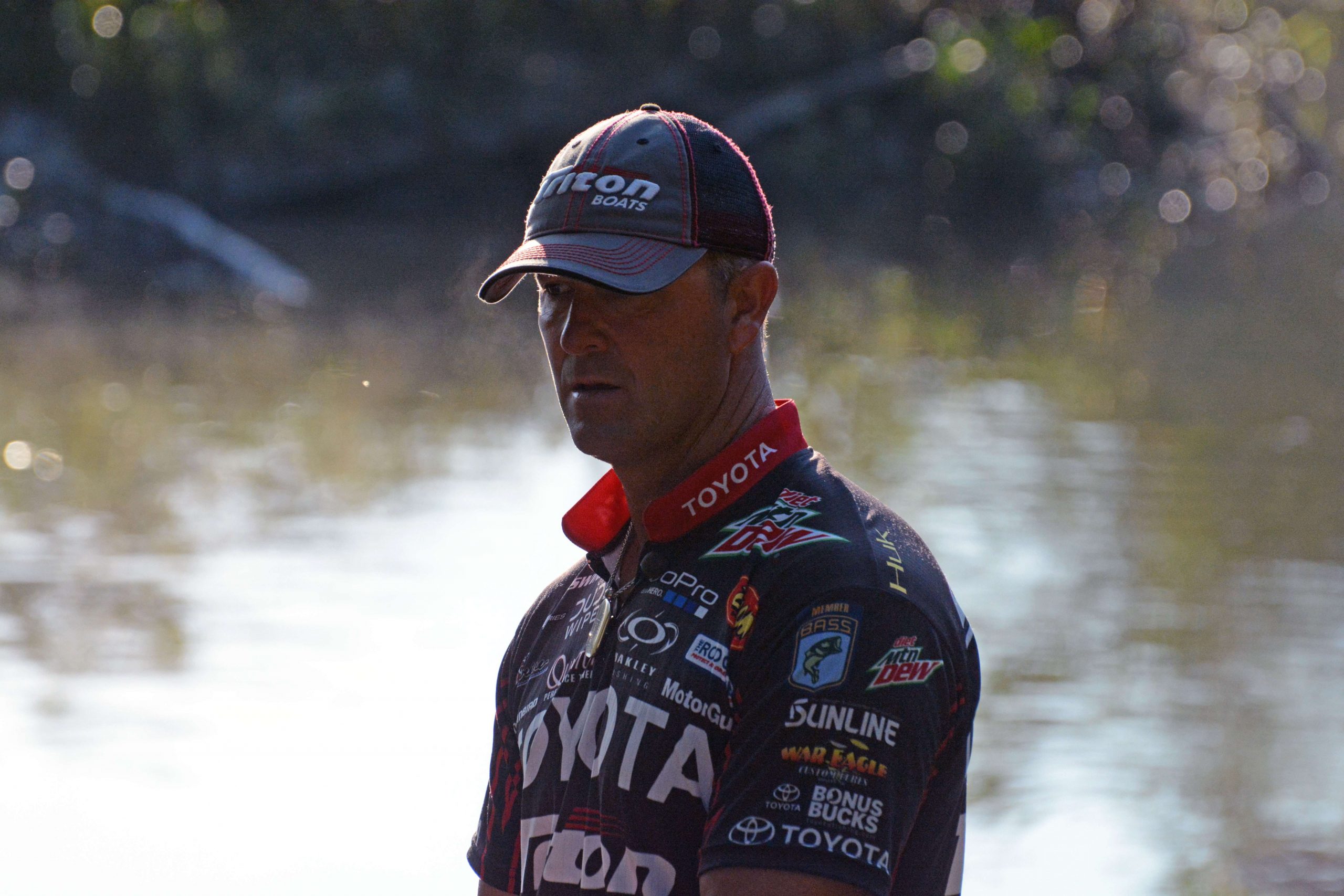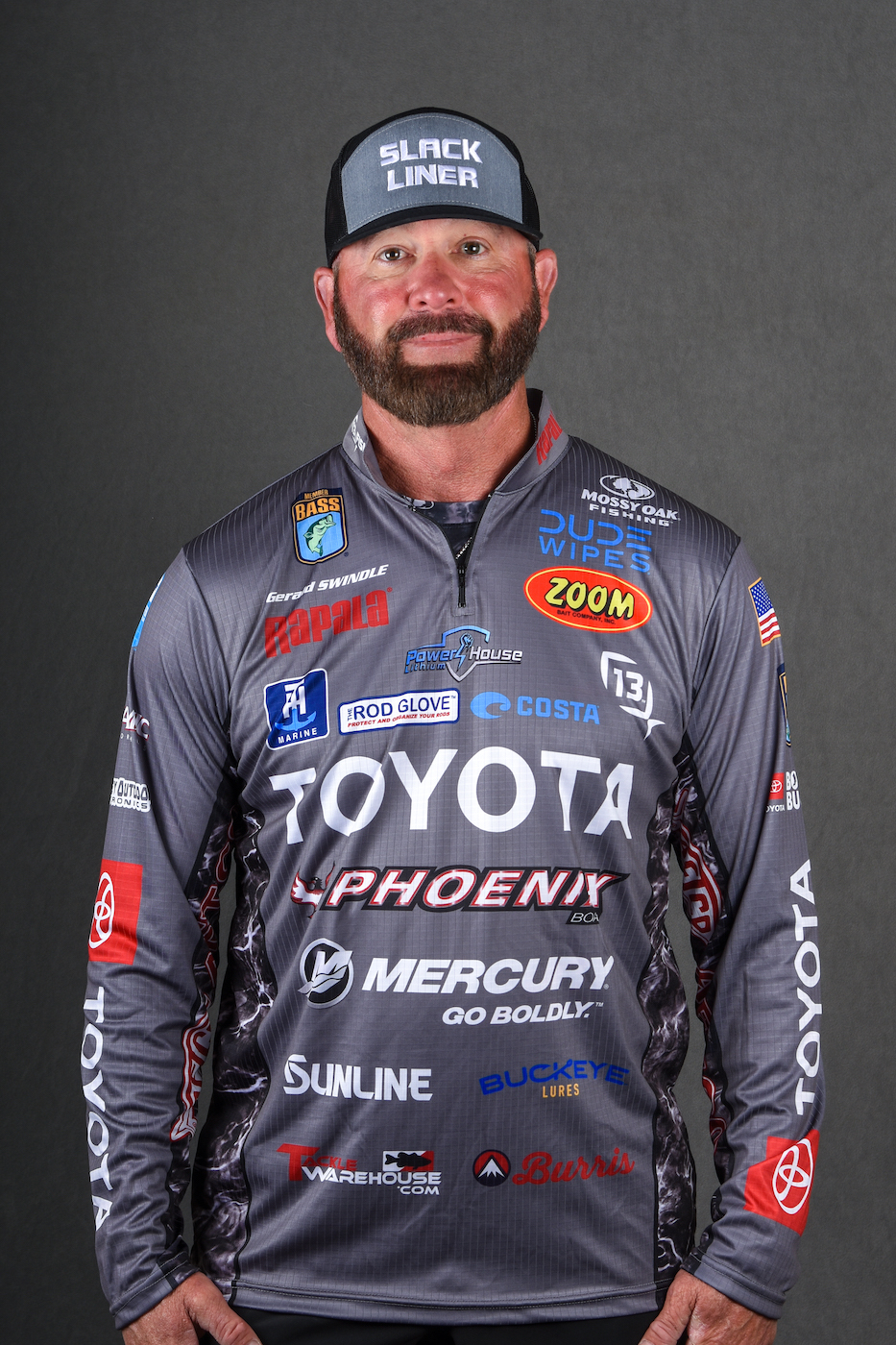
I’m going to talk a little bit here about junk fishing. It’s an art that’ll improve your fishing if you learn to do it right. I think about it like Survivorman. You’re trying to survive, catch a fish or two to save the day regardless of whether you’re fishing a tournament or just out having fun.
It ain’t about the finer things in life. You have to use whatever you got just to stay alive. The trick to doing it right is to not overthink things. That’s a problem with a lot of anglers, me included. We think too much.
Sometimes the more we learn the worse we get at this fishing thing. Back in the day I did three or four things right. They worked for me. Now I can do a dozen things right, but I’m not sure I catch any more fish. It’s just gotten more complicated.
Fish still bite crankbaits in the rock, and they still bite spinnerbaits in the grass. It’s not the fish that have changed. It’s us.
One of the reasons for this is that you can’t win a professional level tournament very often with ordinary bass. But, if you’re fishing recreational tournaments or just out fishing for fun you can do pretty well with ordinary techniques. And even in the Bassmaster Elite Series a couple of average fish can mean the difference between going to the Classic and not going.
Let’s get back to junk fishing.
Here’s the scenario: Pretend it’s February or March. You’ve been catching them, or the guys at the dock said you could catch them, in 18 feet of water off a chunk rock, main lake point with a red crankbait.
So today you’ve been out there for a while and nothing’s happening. All you’re doing is exercising your arm and listening to the crickets chirping. You don’t have a backup plan. At some point you realize you need to do something else. But what? You’re clueless.
I’d suggest you put the rods, reels and lures you’ve been fishing with in the locker, clear your mind of everything you know, fire up the big motor and start running around the lake without a plan. That’s what I call junk fishing.
If you’re looking for docks, you’re not junk fishing. If you’re looking for a windy bank, you’re not junk fishing. If you’re looking for a gravel bar, you’re not junk fishing. If you’re looking for anything that you can define or describe before you see it, you’re not junk fishing.
This is never an anticipated decision. It’s made at a moment in time without any forethought. When to do it — timing — is the key. There’s no formula. It happens when you know in your heart that what you’re doing isn’t working, and isn’t going to work.
Right now let me stick something in here. You’ll hear guys talk about sitting on a spot waiting for the fish to move in, or up, or whatever they need to catch them. More often than not that story ends with them telling you it never happened.
I’m not saying it can’t happen. Sometimes it does. But it’s foolish to play that waiting game. You’ll lose a lot more often than you’ll win. If they aren’t there, they aren’t there.
So anyway, you’re driving around just looking at stuff. When you see something that looks fishy you should stop and fish it with whatever lure is appropriate for what you see. It could be anything, and you might fish it with anything. The important thing is that it just jumps out at you. You weren’t looking for it. You weren’t thinking about it. And then, all of a sudden, it was there.
When you’re doing this it’s best to grab a rod after you see what it is that you want to fish. Putting a rod in front of you, or holding it in your hand, will limit your thinking.
Let’s say you have a rod with a crankbait tied on sitting next to you as you drive around. What kind of a place are you going to be looking for? You can say you’re open-minded, but really you’re looking for a crankbait spot even if you don’t realize it.
If you do leave them on the deck where you can see them, make sure you only have three or four out. If you have more than that on the deck, you aren’t junk fishing. You’re confused.
Roll some of this stuff around in your head. The more you do that, the more it’ll make sense to you.

